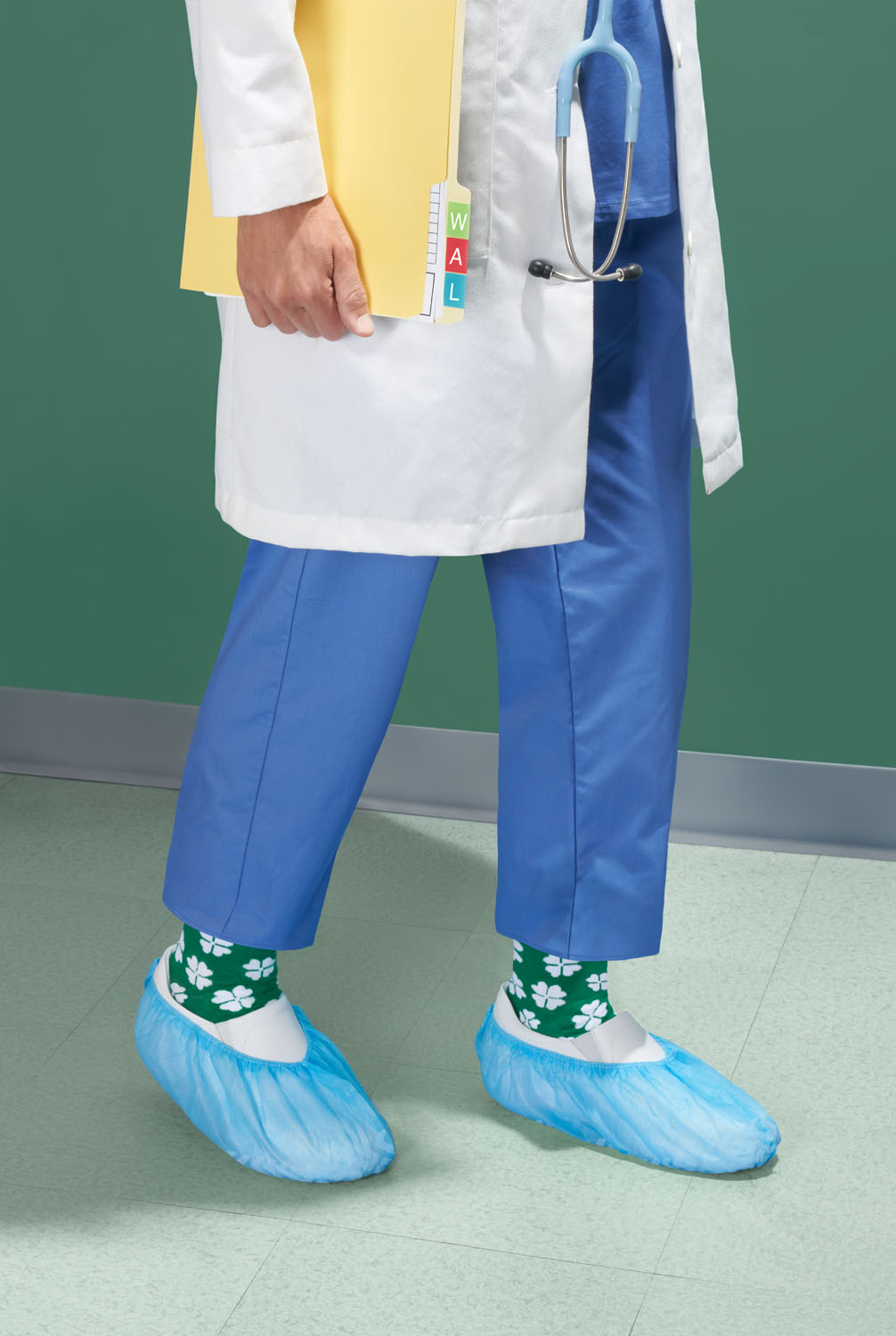Image


You should really subscribe now!
Or login if you already have a subscription.
Margeaux Walter’s work has been exhibited at such institutions as MOCA, the Butler Institute of American Art, Tacoma Art Museum, and the Griffin Museum of Photography. Her work has been featured in publications including the New York Times, WIRED, the Wall Street Journal, the Seattle Times...